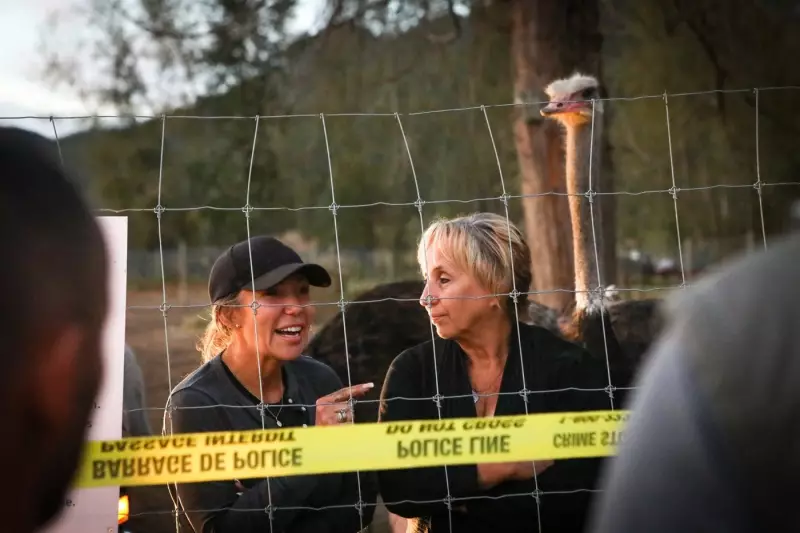
After a protracted legal battle that reached the highest court in the land, a British Columbia ostrich farm faces the inevitable culling of its birds as the Supreme Court of Canada has declined to hear a final appeal.
The Canadian Food Inspection Agency (CFIA) confirmed it will proceed with its planned cull of ostriches at the Fraser Valley farm, marking the end of the road for owner Mark Witzaney's efforts to save his birds through the judicial system.
The Legal Journey Ends
Witzaney's fight to protect his ostriches began when CFIA first ordered the cull in response to an avian influenza detection. The farmer argued throughout multiple court levels that his birds showed no symptoms and posed minimal risk, implementing what he described as robust biosecurity measures.
Despite these arguments, both the Federal Court and Federal Court of Appeal previously ruled in favor of the CFIA's authority to order preventive culling. The Supreme Court's refusal to hear the case effectively upholds these decisions, giving the federal agency the final green light.
Avian Flu Concerns Outweigh Farm Protests
The CFIA maintains that the cull represents a necessary precautionary measure to control the spread of highly pathogenic avian influenza (HPAI). Agency officials have emphasized that the decision follows established protocols for dealing with potential outbreaks, even in cases where birds appear healthy.
"This was never an easy decision," a CFIA spokesperson stated. "Our primary concern remains protecting Canada's poultry industry and preventing further spread of this devastating virus."
Impact on BC Agriculture
The case has highlighted the difficult balance between individual farming operations and broader agricultural health concerns. While Witzaney's farm represents a small segment of BC's agricultural landscape, the outcome reinforces federal authority in managing disease outbreaks that could threaten the entire poultry sector.
Local farming communities have watched the case closely, recognizing the precedent it sets for how future outbreaks might be handled across Canadian agriculture.
The CFIA has indicated it will work with the farm owner to carry out the cull in the most humane manner possible, though specific timing details remain undisclosed.






